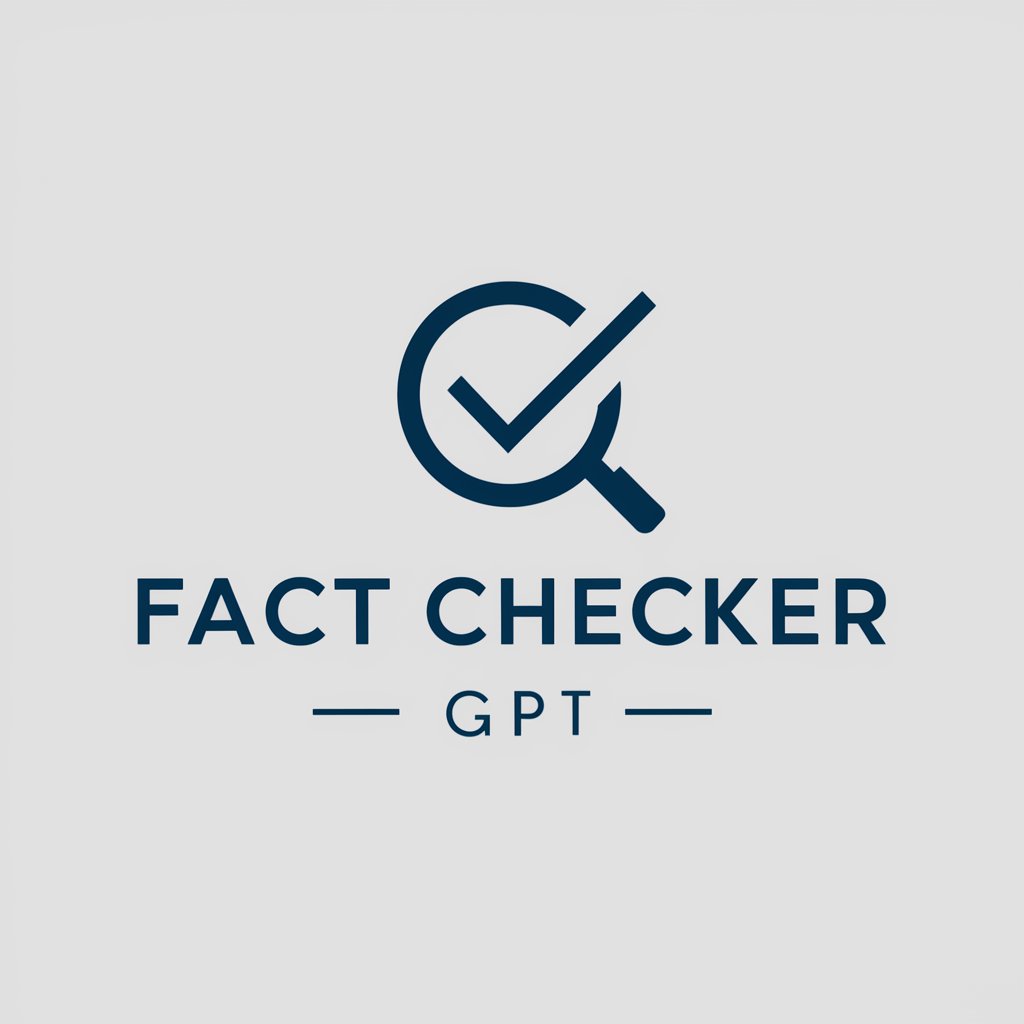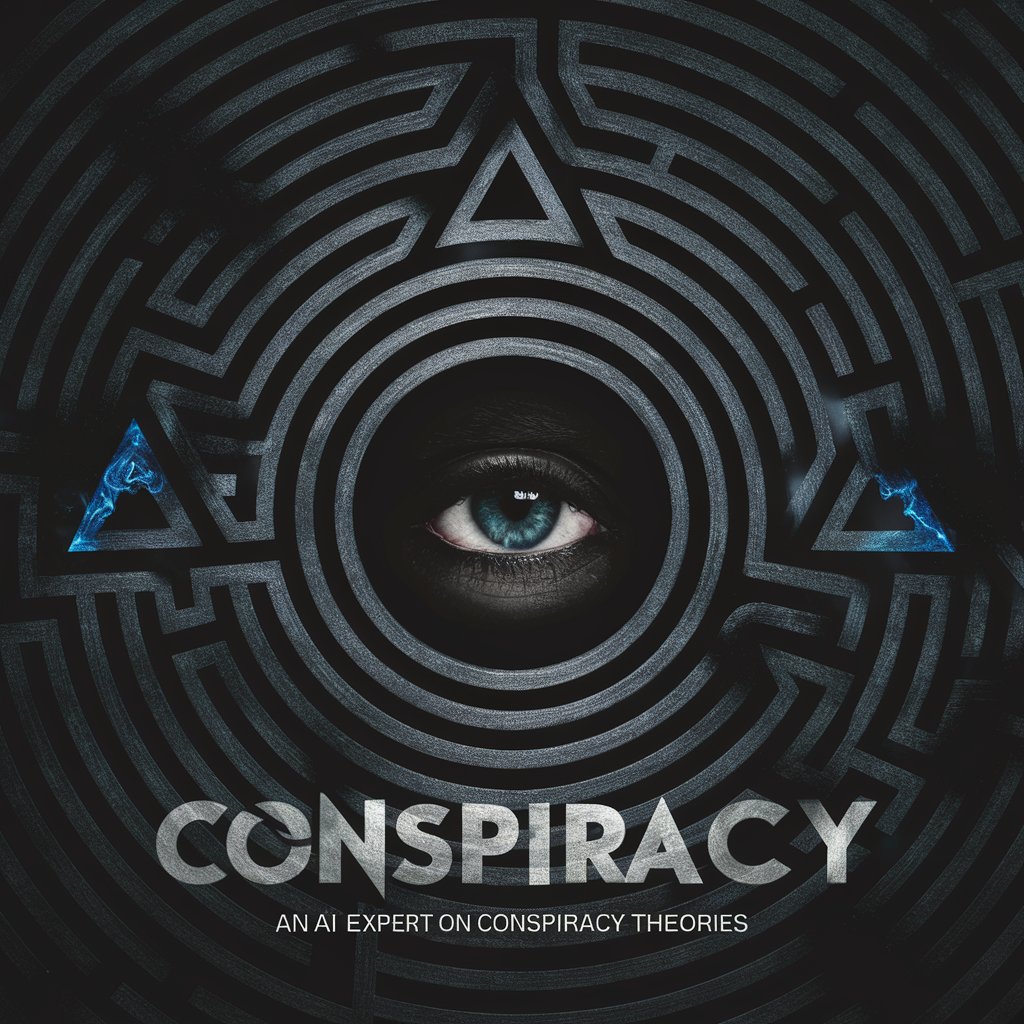10 GPTs for Debunking Myths Powered by AI for Free of 2026
AI GPTs for Debunking Myths refer to advanced artificial intelligence systems based on Generative Pre-trained Transformers that are specifically designed to address and dismantle misconceptions across various fields. These AI tools are engineered to sift through vast amounts of data, identify factual inaccuracies, and present evidence-based clarifications. Their relevance is paramount in an era rife with misinformation, where they serve as digital arbiters of truth, leveraging the power of AI to provide tailored solutions for debunking myths.
Top 10 GPTs for Debunking Myths are: ChatGPT Classic,GPT Vegan,Fact Checker,Myth Buster,Conspiracy Investigator,Dogma Debunker GPT,ConspiracyQuery,Conspiracy,Conspiracy Analyst,Conspiracy Theory Iceberg Debunker
ChatGPT Classic
Engage with the Untruth

GPT Vegan
Empower Your Vegan Journey with AI

Fact Checker
Fact Checker: Uncover the Truth with AI

Myth Buster
Unraveling myths with AI-powered precision.

Conspiracy Investigator
Unraveling myths with AI-powered analysis.

Dogma Debunker GPT
Unveiling history with AI precision

ConspiracyQuery
Unveiling Truth with AI Power

Conspiracy
Unveil the truth behind conspiracies with AI.

Conspiracy Analyst
Deciphering Truths in the Shadows

Conspiracy Theory Iceberg Debunker
Debunking myths with AI-powered precision

Key Attributes and Functions
AI GPTs for Debunking Myths boast a suite of unique features tailored to combat misinformation effectively. These include adaptability to process and analyze data across diverse topics, the ability to learn from a vast corpus of information for accuracy improvement, technical support for complex queries, web searching capabilities for real-time information verification, image creation for visual myth debunking, and data analysis tools for empirical evidence presentation. These features make GPTs versatile allies in the fight against myths.
Who Benefits from Myth-Busting AI Tools
The primary users of AI GPTs for Debunking Myths span a broad spectrum, including novices seeking truth, developers aiming to incorporate factual accuracy into applications, and professionals across various sectors needing to dispel misinformation. These tools are designed for easy accessibility to those without programming knowledge while offering extensive customization options for users with technical expertise, ensuring a wide range of applicability.
Try Our other AI GPTs tools for Free
Cryptocurrency Advisory
Discover how AI GPTs revolutionize cryptocurrency advisory, offering personalized insights, market analysis, and investment strategies with real-time AI-driven data.
Automotive Design
Discover how AI GPTs for Automotive Design are revolutionizing the industry with advanced AI tools tailored for enhancing creativity, efficiency, and innovation in automotive projects.
Health Tracking
Discover how AI GPTs for Health Tracking transform health management with personalized insights and innovations in healthcare.
Pharmaceutical Guidance
Discover AI GPTs for Pharmaceutical Guidance, the cutting-edge tools designed to revolutionize drug development, market analysis, and regulatory compliance with tailored AI solutions.
Community Insights
Discover how AI GPTs for Community Insights revolutionize community management and engagement with tailored, data-driven solutions.
Weekly Updates
Discover AI GPT tools for Weekly Updates: your solution for automated, personalized, and efficient weekly reporting and trend analysis, designed for professionals across all sectors.
Expanding the Horizon of AI-Driven Fact-Checking
AI GPTs for Debunking Myths represent a significant advancement in the domain of digital information verification. Their integration into various sectors underscores the versatility and effectiveness of AI in promoting factual accuracy. The user-friendly interfaces of these tools democratize access to reliable information, further enhancing their utility in combating misinformation and fostering an informed public.
Frequently Asked Questions
What exactly are AI GPTs for Debunking Myths?
AI GPTs for Debunking Myths are specialized artificial intelligence tools designed to identify, analyze, and correct misinformation across various topics, using advanced algorithms and data analysis.
How do these AI tools combat misinformation?
They leverage vast databases of verified information to challenge inaccuracies, employing natural language processing to understand and respond to queries with evidence-based answers.
Can non-technical users easily utilize these tools?
Yes, these GPTs are designed with user-friendly interfaces that require no programming skills, making them accessible to a wide audience.
Are there customization options for developers?
Absolutely. Developers can access APIs and other programming interfaces to tailor the tools to specific needs, integrating them into custom applications or workflows.
Do these AI tools support multiple languages?
Yes, one of the core features of AI GPTs is their multilingual capability, allowing them to debunk myths in various languages.
Can these tools be integrated with existing systems?
Definitely. They offer flexible integration options for seamless incorporation into existing platforms or workflows, enhancing their myth-busting capabilities.
How do AI GPTs stay updated with accurate information?
They continuously learn from a growing corpus of data and incorporate real-time information from credible sources to ensure the accuracy of their responses.
What makes AI GPTs effective in debunking myths?
Their effectiveness lies in their advanced algorithms, ability to process and analyze large datasets, and the provision of evidence-based responses to misinformation.